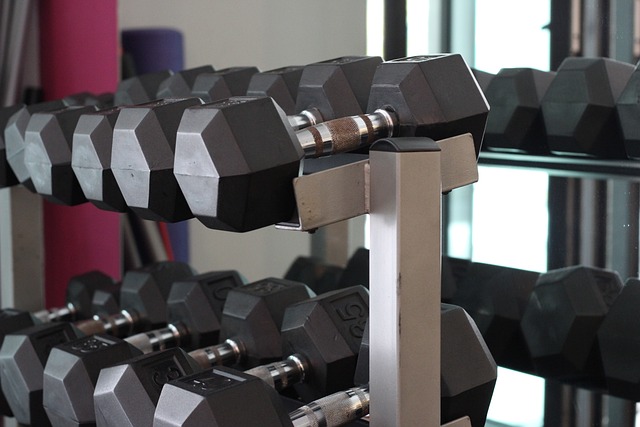 New parents can become overwhelmed because of the broad array of information they might come in contact with. One site says something and the next contradicts the first one’s statement entirely. The first piece of advice that we can give you when it comes to managing your baby’s health and safety is to have a talk with a pediatrician.
New parents can become overwhelmed because of the broad array of information they might come in contact with. One site says something and the next contradicts the first one’s statement entirely. The first piece of advice that we can give you when it comes to managing your baby’s health and safety is to have a talk with a pediatrician.
No one’s better at giving you reliable and trustworthy advice than a doctor. Here are some tips that you might have to consider to make sure that your baby grows both happy and healthy.
Supporting healthy babies
Keeping a baby as healthy as possible begins ever since he or she is in the mother’s womb. The mommy has to consume safe and healthy foods that have a positive impact on the development of the fetus.
On top of that, breastfeeding is very important and should be done for a minimum of six months following the child’s birth. Many sources suggest that the antibodies present in the mommy’s milk are vital to a baby’s nutrition. And believe it or not, it can definitely make a difference when it comes to supporting a premature baby’s immune system.
Common infant allergies range from those caused by food to those produced by any type of allergen that can be found in the breathing air from the nursery. Food allergies can be caused by any formula that might contain traces of shellfish, egg whites, yeast, tomatoes, nuts, wheat, or chocolate. Citrus fruits are also dangerous. Always introduce foods to infants gradually because it will give you the opportunity to observe any adverse reactions.
Skin allergies can occur in about 11% of all babies and children under the age of 18. Even something as seemingly harmless as frequent bathing can lead to a skin allergy. These conditions are manifested as eczema, prickly heat, or dermatitis.
Two of the most common respiratory allergies encountered in kids are asthma and allergic rhinitis. The first can be potentially life-threatening, so it is the responsibility of the parents to find out whether their baby has asthma, and that needs to be done as soon as possible.
Safety concerns
Pretty much any product you might ever be interested in using on or with your baby can be dangerous if you don’t pay attention to several factors. Even the cool cribs for little boys and girls you’ll find online can raise some concerns in this sense. Oftentimes, manufacturers will use paints or chemicals that could be toxic, so make sure that all of such products are certified by pediatric associations that all parents trust.
Babyproofing your home should be one other major concern for you. You’ll have to start with the nursery, of course, because it is the room where the little one will spend most of his or her time. However, once the baby starts sitting up or even learns to take his or her first steps, you need to babyproof everything from the bathroom to your living room and kitchen.
Brought to you by our friends at askfoxy.net.









